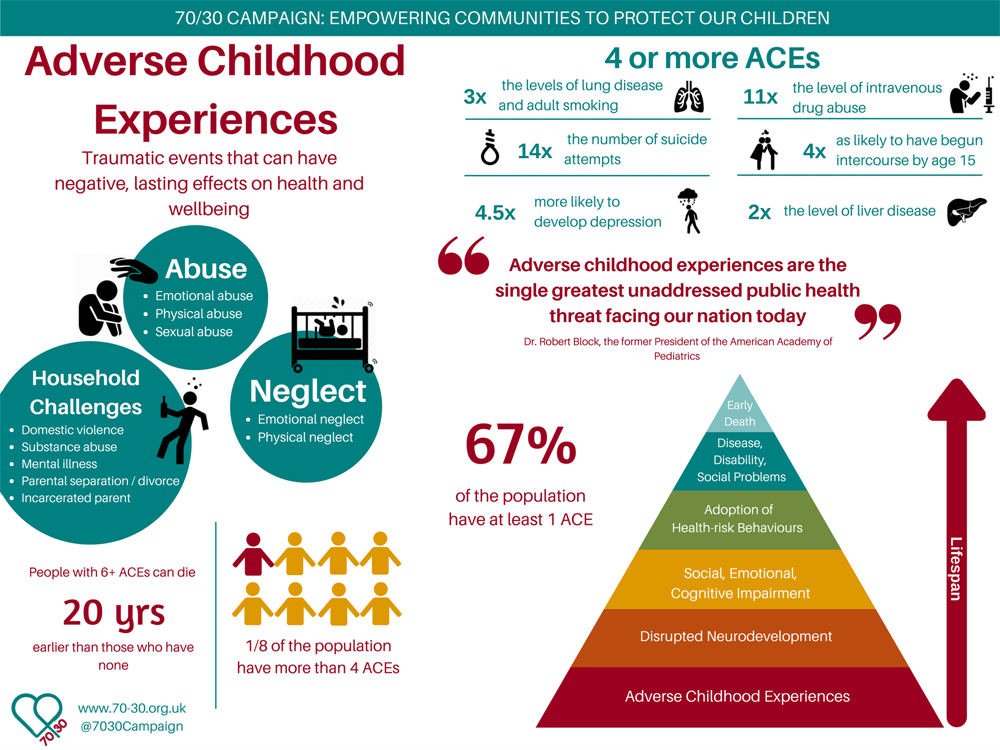Sex Trafficking
What is Sex Trafficking?
Sex trafficking, commonly referred to as commercial sexual exploitation, is defined as using force, fraud, or coercion to induce adults into sex acts in exchange for items of value.
What is the commercial sexual exploitation of youth?
Commercial sexual exploitation of youth includes any minor (below the age of 18) engaging in any commercial sexual activity (e.g. sex, pornography) in exchange for anything of value (e.g. money food, shelter) regardless of force, fraud, or coercion.

What are the harms of sex trafficking?
Exploiters, including sex purchasers, employ a range of harmful
tactics affecting CSE youth’s physical, mental, and emotional
health. These tactics offer indictors of sex trafficking and will affect
how sex trafficked victims respond to us.
Adverse Childhood Experiences
Adverse childhood experiences (ACEs) describes all types of abuse, neglect, and other potentially traumatic experiences that occur to people under the age of 18. As the number of ACEs increases, so does the risk for these outcomes.
ACEs are linked to:
- Risky health behaviors
- Chronic health conditions
- Low life potential
- Early death
- SEX TRAFFICKING

Proper Terminology
Here is a list of terms that will help you better understand this population, some of which should be added and other terms that should be removed from your vocabulary:
Tips and Strategies for how you can help
Here are some tips when responding to circumstances
Never Assume
Important to never assume you know the answer or how to respond, operate with caution
Privacy and Confidentiality
Uphold privacy and confidentiality concerns, especially with information that does not require mandated reporting
Facial Expressions
Be aware of your reactions, including tone, facial expression, and verbal and body language
Not About You
Youth will only tell you what they believe you can handle, be open and honest with them but do not make the experience about you
More than their past
Recognize intersectionality of the youth and their needs. Youth should be treated as more than their history of exploitation
Autonomy
Uphold youth's autonomy and agency; advocate for other service providers to do the same.
Mindful Language
Be mindful of language you use when speaking with or about youth. Use strength-based, person-centered, and trauma informed language.
Avoid Re-traumatizing
Avoid retraumatizing survivors by regulating our reactions when interacting with youth. If a survivor offers insight into their exploitation, do not make them feel judged.
- Empathy
- Patience
- Honor
Always employ empathy, not sympathy. No one wants to feel pitied, but we all want to feel understood.
Remember, survivors might reject your help, but there can be a host of issues that cannot be addressed in a single interaction.
Honor survivors resiliency and ability to survive an egregious crime like sex trafficking. Although we can play a pivotal role in helping survivors, we are not saviors and should not expect for survivors to respond as if we are.

